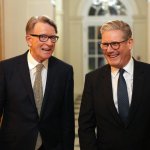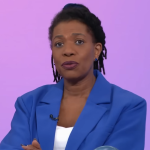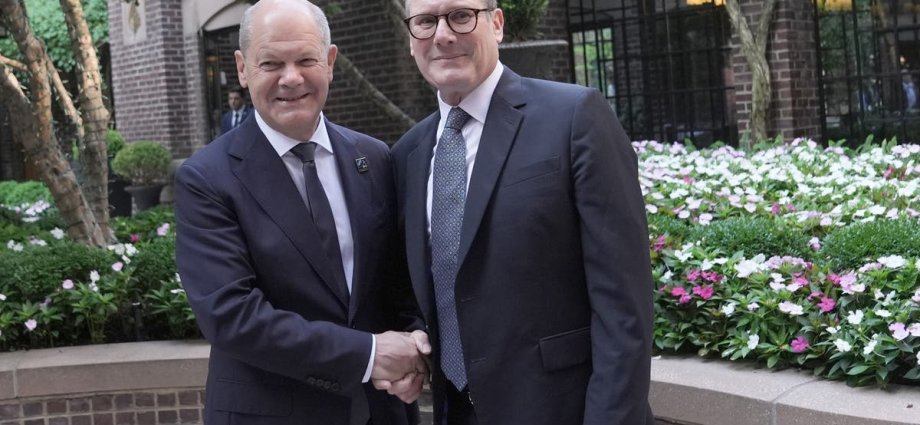Sir Keir Starmer’s government is pressing ahead with plans to reset Britain’s global relations and repair the harms of Brexit, announcing a landmark security pact with Germany and the reopening of trade and defence talks with India.
Foreign secretary David Lammy is in Delhi to revive negotiations that foundered under the Tories, while Rachel Reeves is heading to Brazil for her first G20 summit as chancellor, and on Wednesday, defence secretary John Healey signed a “joint defence declaration” in Berlin, hailing it as a step towards a “deep new relationship” between Britain and Germany.
But critics have warned that the prime minister needs to go much further and use the deal with Germany as a springboard for the UK to integrate its military with EU forces.
Mr Healey said the agreement shows that the government is “getting on with the job” and “resetting our relationships” with Britain’s European allies.
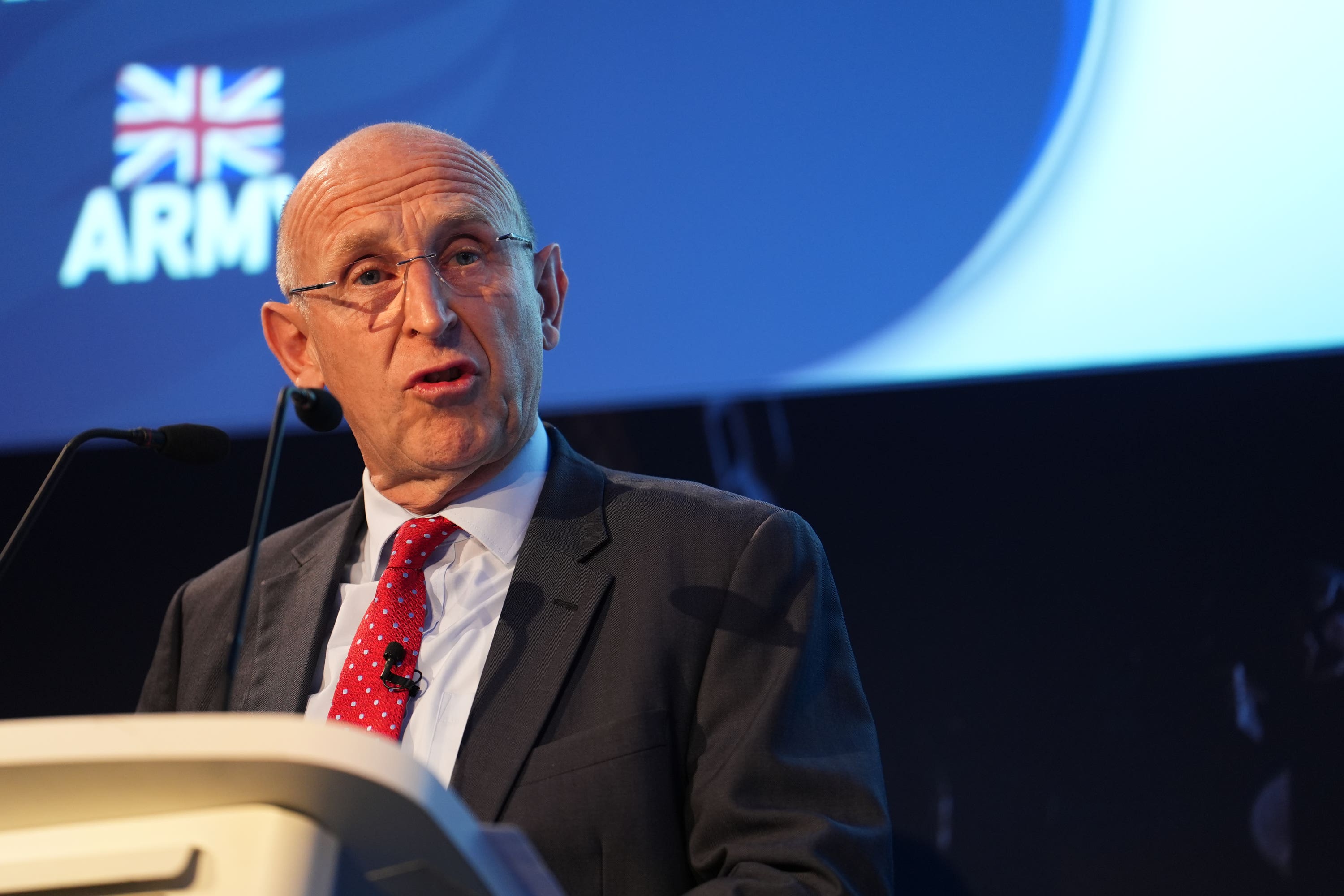
Defence ministers agreed on a number of priorities for tighter cooperation as part of the new accord, “recognising the need to collaborate more closely to defend our shared values”, according to the Ministry of Defence.
These include “strengthening UK and German defence industries, reinforcing Euro-Atlantic security, improving the efficiency of joint operations, confronting evolving security challenges such as the cyber domain” and supporting Ukraine.
It comes as Britain pushes towards renegotiating its Brexit deal with the EU on trade and cooperation, while European affairs minister Nick Thomas-Symonds has been tasked with agreeing a new security pact with the whole of the European Union. Talks on the latter began at the Nato conference in Washington DC, with the support of US president Joe Biden.
Sir Keir has insisted that, while the UK is open to integrating further with the EU’s joint military structure, his intention is that Britain’s armed forces will remain separate from those of the bloc.
But with concerns over the impact of a potential Donald Trump presidency on Nato, former Liberal Democrat armed forces minister Sir Nick Harvey – now chief executive of all-party pro-EU pressure group the European Movement – urged the prime minister to go further.
“Nato states in Europe are rearming,” he said. “If the UK is a bystander to this, Europe will miss a historic opportunity to connect its soft power with hard power in a world where one is nothing without the other. Europe-wide scale is the realistic way for countries both to achieve Nato financial goals and to improve military efficiency and effectiveness in Europe.”
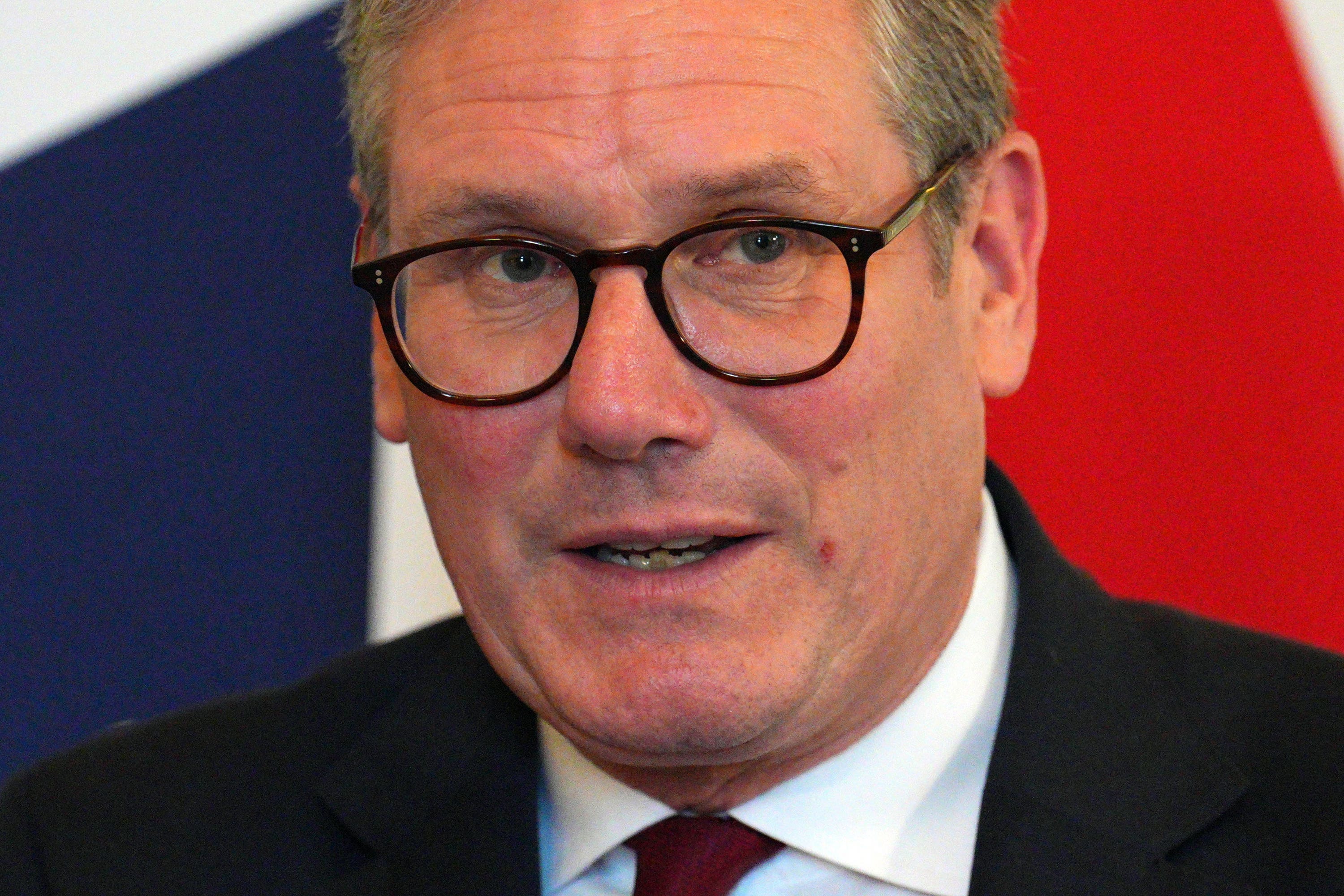
He pointed out that successive governments have cut Britain’s military footprint, and that the army is at its smallest since the Napoleonic wars. Sharing costs with EU allies is the best way to make up for these shortfalls, Sir Nick said.
At the start of his two-day visit to India, Mr Lammy said: “Our free trade agreement negotiations are the floor, not the ceiling, of our ambitions to unlock our shared potential and deliver growth, from Bengaluru to Birmingham. We have shared interests on the green transition, new technologies, economic security and global security.
“I am travelling to India in my first month as foreign secretary because resetting our relationship with the global South is a key part of how this government will reconnect Britain for our security and prosperity at home.”
Mr Lammy will seek to rally support for stronger action on the climate crisis, and will discuss Indian-led global initiatives to build access to clean power and climate resilience in the global South and in small island states.
He will also meet business leaders during a visit to India’s third-largest technology company.
A trade deal with India could grant more favourable access for British companies to a market of 1.4 billion people.
But it comes with some question marks over the treatment of Muslims by Narendra Modi’s Hindu nationalist government, and his decision to maintain close ties with Russia despite the invasion of Ukraine, including a public embrace with Vladimir Putin during a trip to Moscow earlier this month.





